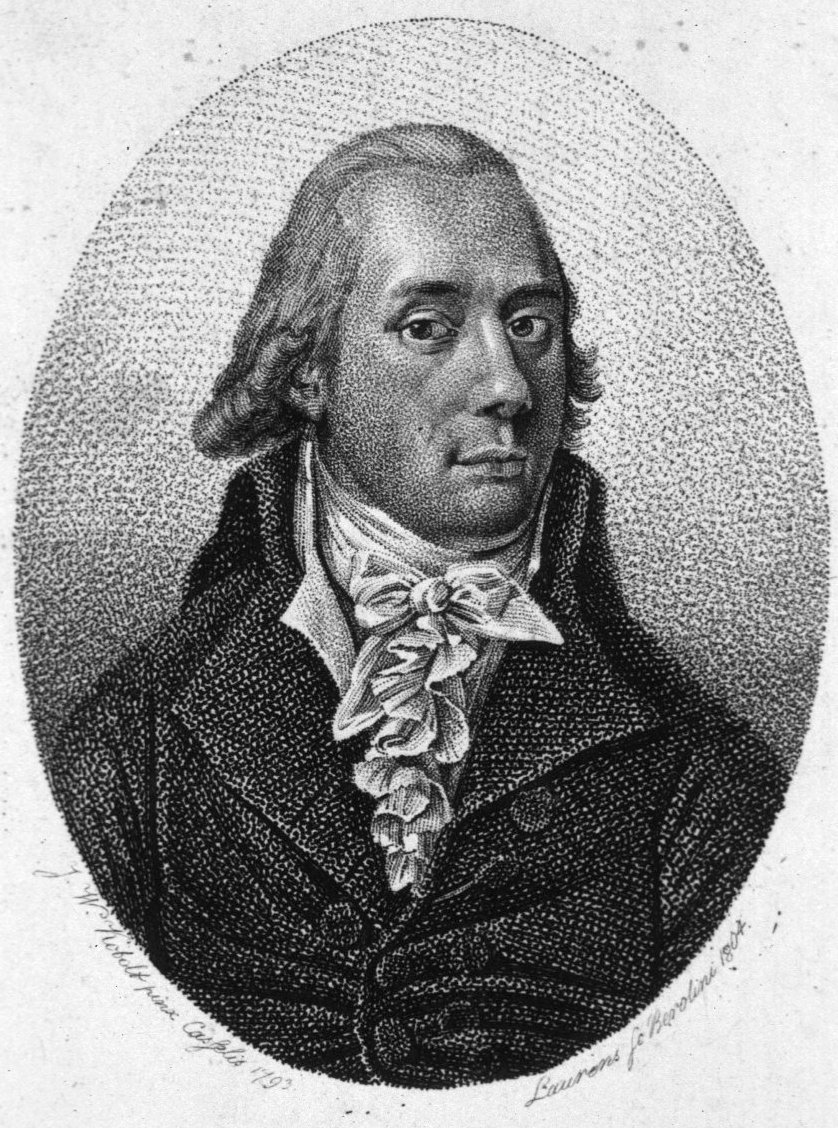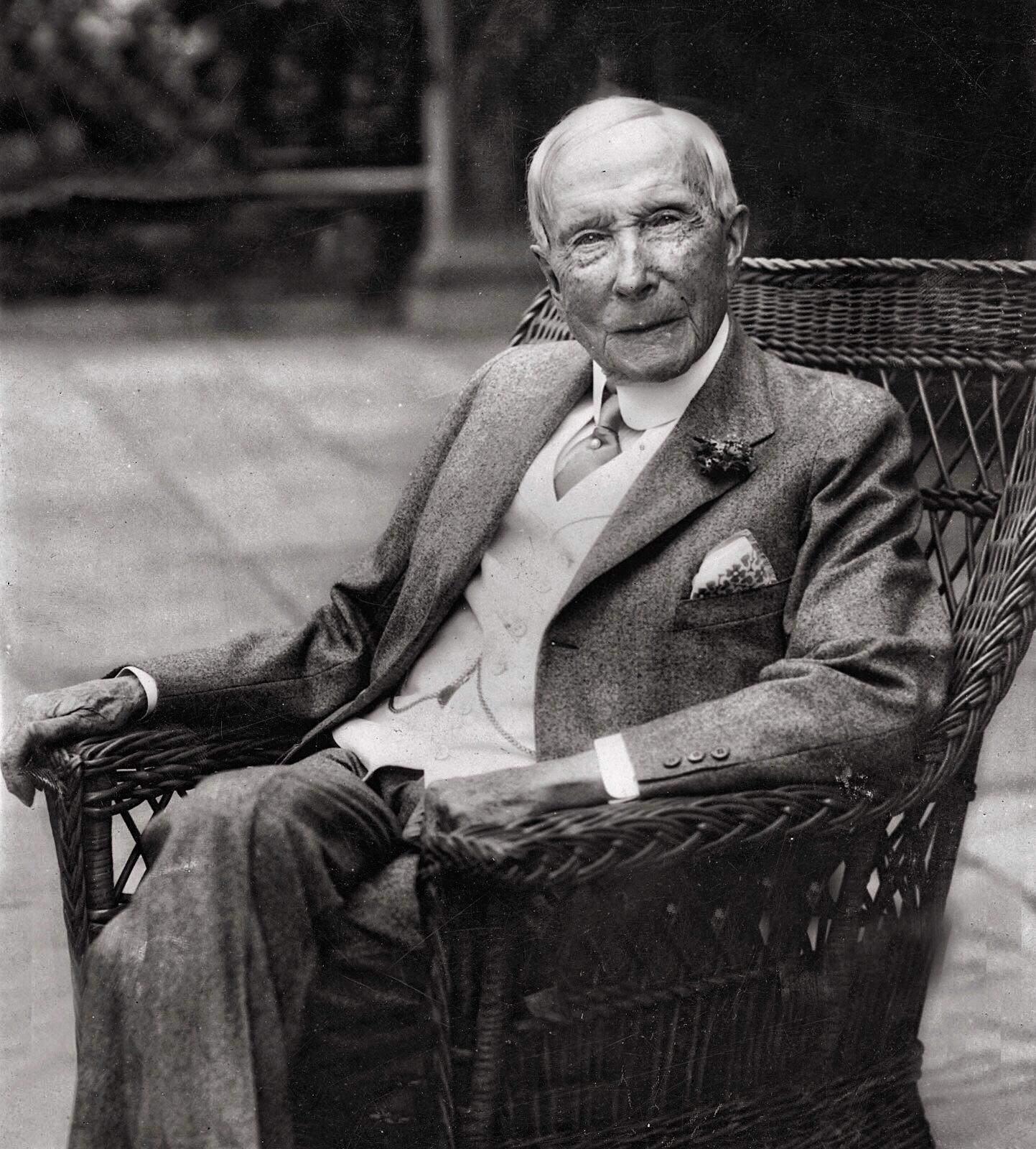|
Stefanie Oppenheim
Stefanie Martin, born Stefanie Oppenheim (10 July 1877 – ) was a German biological anthropologist. Life Stephanie L. Oppenheim was born to a Jewish family in Frankfurt on 10 July 1877. Oppenheim married the Swiss anthropogist Rudolf Martin, becoming his second wife. After his death in 1925, she edited a revised edition (1928) of his textbook of physical anthropology. In 1930 she was a contributor to Walter Scheidt's Rockefeller-funded anthropological study of the German population. Facing Nazi persecution, she was sent to Theresienstadt Theresienstadt Ghetto was established by the Schutzstaffel, SS during World War II in the fortress town of Terezín, in the Protectorate of Bohemia and Moravia (German occupation of Czechoslovakia, German-occupied Czechoslovakia). Theresienstad .... According to some sources, she survived Theresienstadt. However, other sources give her year of death as 1940. Works * ''Zur Typologie des Primatencraniums''. Stuttgart: E. Schweizerbart ... [...More Info...] [...Related Items...] OR: [Wikipedia] [Google] [Baidu] |
Frankfurt
Frankfurt, officially Frankfurt am Main (; Hessian: , "Frank ford on the Main"), is the most populous city in the German state of Hesse. Its 791,000 inhabitants as of 2022 make it the fifth-most populous city in Germany. Located on its namesake Main River, it forms a continuous conurbation with the neighboring city of Offenbach am Main and its urban area has a population of over 2.3 million. The city is the heart of the larger Rhine-Main metropolitan region, which has a population of more than 5.6 million and is Germany's second-largest metropolitan region after the Rhine-Ruhr region. Frankfurt's central business district, the Bankenviertel, lies about northwest of the geographic center of the EU at Gadheim, Lower Franconia. Like France and Franconia, the city is named after the Franks. Frankfurt is the largest city in the Rhine Franconian dialect area. Frankfurt was a city state, the Free City of Frankfurt, for nearly five centuries, and was one of the most import ... [...More Info...] [...Related Items...] OR: [Wikipedia] [Google] [Baidu] |
Rudolf Martin (anthropologist)
Rudolf Martin (1 July 1864 – 11 July 1925) was a Swiss anthropologist, specializing in physical anthropology. Martin's second wife, Stefanie Oppenheim, survived him and edited a second (1928) edition of his physical anthropology textbook. Rudolf Martin’s Historical Archive Rudolf Martin was a Professor of Physical Anthropology in Munich, who had become inspired by the discovery of the ‘Java Man’ (Pithecanthropus erectus) in 1893 in Java, by the Dutch anthropologist Eugene Dubois. Dubois' publications on the 'Missing Link' became the CenterPoint of the Archive of Rudolf Martin, comprising more than 43,000 historical documents, manuscripts, scientific books and journals. The Archive been safeguarded in 1940 from Germany just before WW II. It went to the Institute of Physical Anthropology of Utrecht University Utrecht University (UU; nl, Universiteit Utrecht, formerly ''Rijksuniversiteit Utrecht'') is a public research university in Utrecht, Netherlands. Establishe ... [...More Info...] [...Related Items...] OR: [Wikipedia] [Google] [Baidu] |
Physical Anthropology
Biological anthropology, also known as physical anthropology, is a scientific discipline concerned with the biological and behavioral aspects of human beings, their extinct Hominini, hominin ancestors, and related non-human primates, particularly from an evolutionary perspective. This subfield of anthropology systematically studies Homo sapiens, human beings from a biological perspective. Branches As a subfield of anthropology, biological anthropology itself is further divided into several branches. All branches are united in their common orientation and/or application of evolutionary theory to understanding human biology and behavior. * Bioarchaeology is the study of past human cultures through examination of human remains recovered in an archaeology, archaeological context. The examined human remains usually are limited to bones but may include preserved soft tissue. Researchers in bioarchaeology combine the skill sets of human osteology, paleopathology, and archaeology, and ... [...More Info...] [...Related Items...] OR: [Wikipedia] [Google] [Baidu] |
Walter Scheidt
Walter may refer to: People * Walter (name), both a surname and a given name * Little Walter, American blues harmonica player Marion Walter Jacobs (1930–1968) * Gunther (wrestler), Austrian professional wrestler and trainer Walter Hahn (born 1987), who previously wrestled as "Walter" * Walter, standard author abbreviation for Thomas Walter (botanist) ( – 1789) Companies * American Chocolate, later called Walter, an American automobile manufactured from 1902 to 1906 * Walter Energy, a metallurgical coal producer for the global steel industry * Walter Aircraft Engines, Czech manufacturer of aero-engines Films and television * ''Walter'' (1982 film), a British television drama film * Walter Vetrivel, a 1993 Tamil crime drama film * ''Walter'' (2014 film), a British television crime drama * ''Walter'' (2015 film), an American comedy-drama film * ''Walter'' (2020 film), an Indian crime drama film * ''W*A*L*T*E*R'', a 1984 pilot for a spin-off of the TV series ''M*A*S*H'' ... [...More Info...] [...Related Items...] OR: [Wikipedia] [Google] [Baidu] |
Rockefeller Foundation
The Rockefeller Foundation is an American private foundation and philanthropic medical research and arts funding organization based at 420 Fifth Avenue, New York City. The second-oldest major philanthropic institution in America, after the Carnegie Corporation, the foundation was ranked as the 39th largest U.S. foundation by total giving as of 2015. By the end of 2016, assets were tallied at $4.1 billion (unchanged from 2015), with annual grants of $173 million. According to the OECD, the foundation provided US$103.8 million for development in 2019. The foundation has given more than $14 billion in current dollars. The foundation was started by Standard Oil magnate John D. Rockefeller ("Senior") and son "Junior", and their primary business advisor, Frederick Taylor Gates, on May 14, 1913, when its charter was granted by New York. The foundation has had an international reach since the 1930s and major influence on global non-governmental organizations. The World Health Organiza ... [...More Info...] [...Related Items...] OR: [Wikipedia] [Google] [Baidu] |
Theresienstadt
Theresienstadt Ghetto was established by the Schutzstaffel, SS during World War II in the fortress town of Terezín, in the Protectorate of Bohemia and Moravia (German occupation of Czechoslovakia, German-occupied Czechoslovakia). Theresienstadt served as a waystation to the extermination camps. Its conditions were deliberately engineered to hasten the death of its prisoners, and the ghetto also served a propaganda role. Unlike other ghettos, the Forced labor in Nazi Germany, exploitation of forced labor was not economically significant. The ghetto was established by the transportation of Czech Jews in November 1941. The first German Jews, German and Austrian Jews arrived in June 1942; Dutch Jews, Dutch and Danish Jews came at the beginning in 1943, and prisoners of a wide variety of nationalities were sent to Theresienstadt in the last months of the war. About 33,000 people died at Theresienstadt, mostly from malnutrition and disease. More than 88,000 people were held there for ... [...More Info...] [...Related Items...] OR: [Wikipedia] [Google] [Baidu] |
1877 Births
Events January–March * January 1 – Queen Victoria is proclaimed ''Empress of India'' by the ''Royal Titles Act 1876'', introduced by Benjamin Disraeli, the Prime Minister of the United Kingdom . * January 8 – Great Sioux War of 1876 – Battle of Wolf Mountain: Crazy Horse and his warriors fight their last battle with the United States Cavalry in Montana. * January 20 – The Conference of Constantinople ends, with Ottoman Turkey rejecting proposals of internal reform and Balkan provisions. * January 29 – The Satsuma Rebellion, a revolt of disaffected samurai in Japan, breaks out against the new imperial government; it lasts until September, when it is crushed by a professionally led army of draftees. * February 17 – Major General Charles George Gordon of the British Army is appointed Governor-General of the Sudan. * March – ''The Nineteenth Century (periodical), The Nineteenth Century'' magazine is founded in London. * Marc ... [...More Info...] [...Related Items...] OR: [Wikipedia] [Google] [Baidu] |
1940 Deaths
Year 194 ( CXCIV) was a common year starting on Tuesday (link will display the full calendar) of the Julian calendar. At the time, it was known as the Year of the Consulship of Septimius and Septimius (or, less frequently, year 947 ''Ab urbe condita''). The denomination 194 for this year has been used since the early medieval period, when the Anno Domini calendar era became the prevalent method in Europe for naming years. Events By place Roman Empire * Emperor Septimius Severus and Decimus Clodius Septimius Albinus Caesar become Roman Consuls. * Battle of Issus: Septimius Severus marches with his army (12 legions) to Cilicia, and defeats Pescennius Niger, Roman governor of Syria. Pescennius retreats to Antioch, and is executed by Severus' troops. * Septimius Severus besieges Byzantium (194–196); the city walls suffer extensive damage. Asia * Battle of Yan Province: Warlords Cao Cao and Lü Bu fight for control over Yan Province; the battle lasts for over 100 ... [...More Info...] [...Related Items...] OR: [Wikipedia] [Google] [Baidu] |
Year Of Death Uncertain
A year or annus is the orbital period of a planetary body, for example, the Earth, moving in its orbit around the Sun. Due to the Earth's axial tilt, the course of a year sees the passing of the seasons, marked by change in weather, the hours of daylight, and, consequently, vegetation and soil fertility. In temperate and subpolar regions around the planet, four seasons are generally recognized: spring, summer, autumn and winter. In tropical and subtropical regions, several geographical sectors do not present defined seasons; but in the seasonal tropics, the annual wet and dry seasons are recognized and tracked. A calendar year is an approximation of the number of days of the Earth's orbital period, as counted in a given calendar. The Gregorian calendar, or modern calendar, presents its calendar year to be either a common year of 365 days or a leap year of 366 days, as do the Julian calendars. For the Gregorian calendar, the average length of the calendar year (the mea ... [...More Info...] [...Related Items...] OR: [Wikipedia] [Google] [Baidu] |
German Anthropologists
German(s) may refer to: * Germany (of or related to) **Germania (historical use) * Germans, citizens of Germany, people of German ancestry, or native speakers of the German language ** For citizens of Germany, see also German nationality law **Germanic peoples (Roman times) * German language **any of the Germanic languages * German cuisine, traditional foods of Germany People * German (given name) * German (surname) * Germán, a Spanish name Places * German (parish), Isle of Man * German, Albania, or Gërmej * German, Bulgaria * German, Iran * German, North Macedonia * German, New York, U.S. * Agios Germanos, Greece Other uses * German (mythology), a South Slavic mythological being * Germans (band), a Canadian rock band * "German" (song), a 2019 song by No Money Enterprise * ''The German'', a 2008 short film * "The Germans", an episode of ''Fawlty Towers'' * ''The German'', a nickname for Congolese rebel André Kisase Ngandu See also * Germanic (other) * Germa ... [...More Info...] [...Related Items...] OR: [Wikipedia] [Google] [Baidu] |
.jpg)



